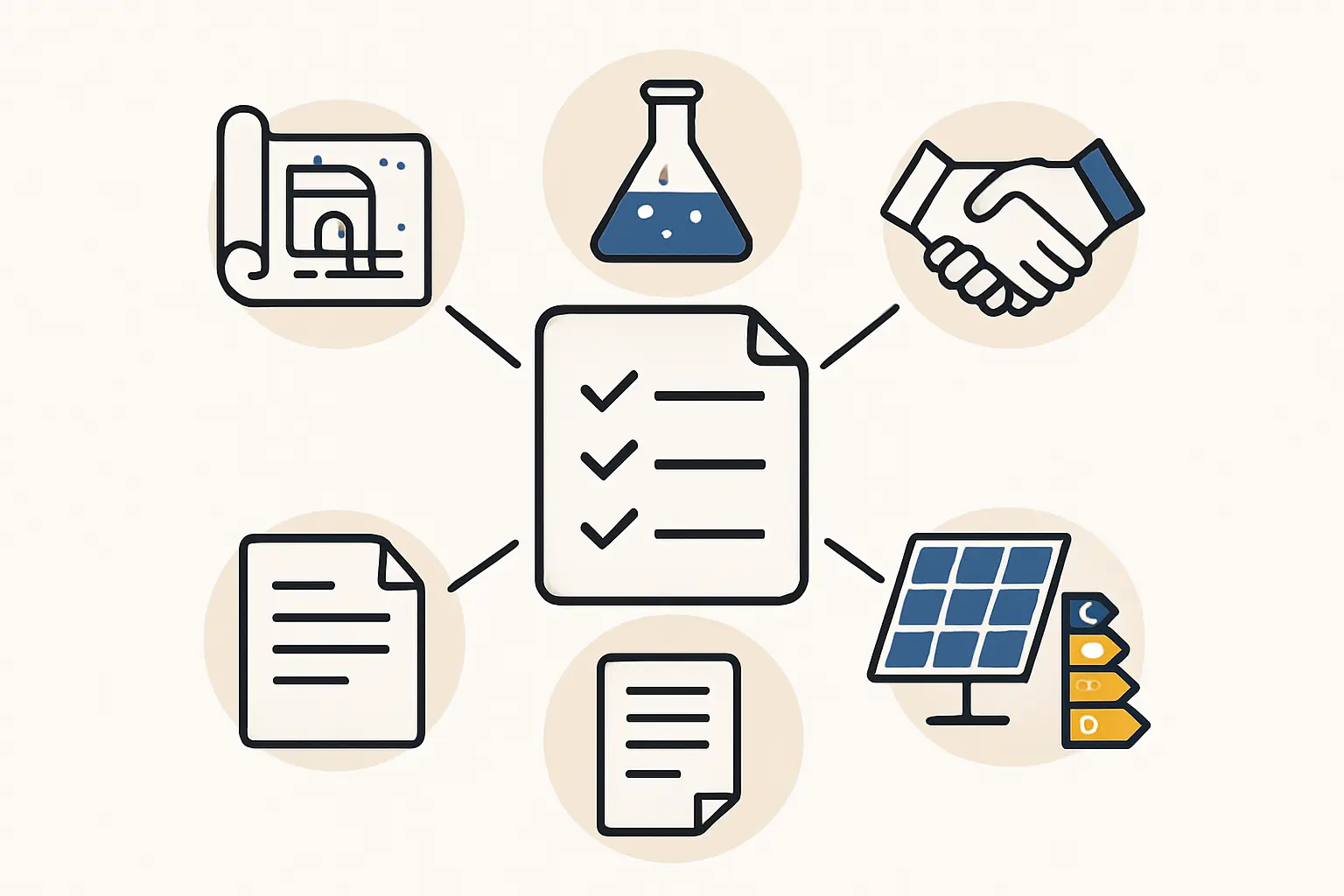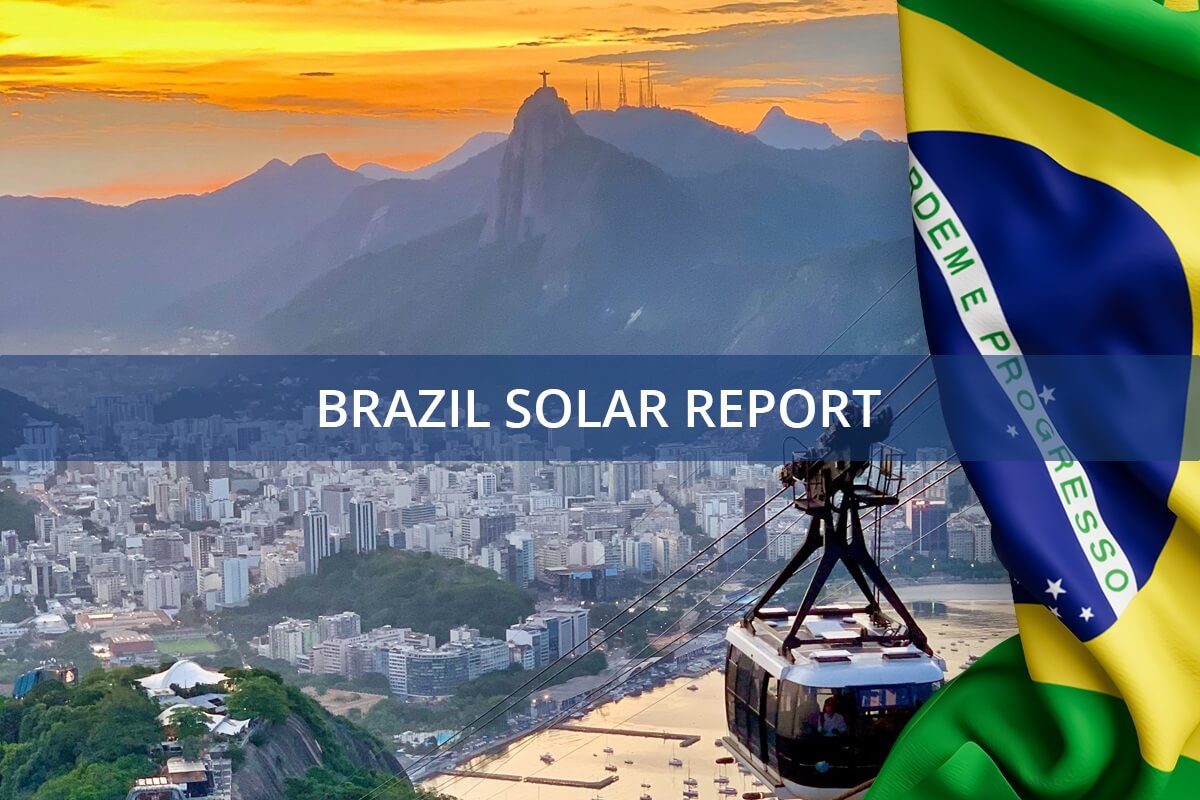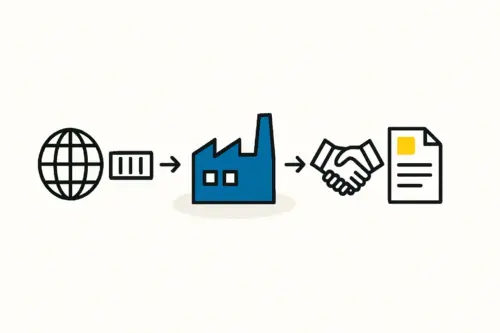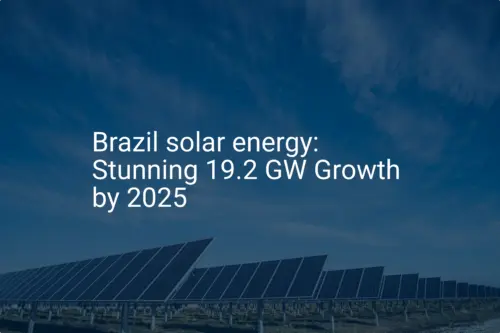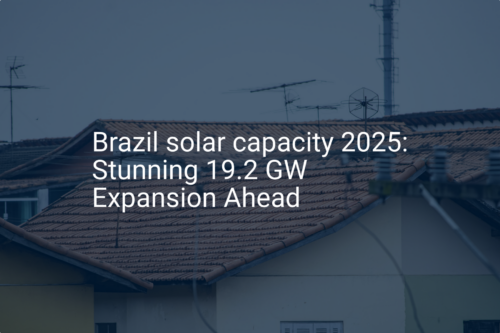Brazil’s solar market is experiencing unprecedented growth, with over 13 GW of photovoltaic capacity installed in 2023 alone. For entrepreneurs looking to enter this dynamic industry, local manufacturing is a significant opportunity—one that mitigates import complexities and currency risks.
However, before a single locally produced solar module can be sold, it must clear a critical regulatory hurdle: INMETRO certification. While this requirement is non-negotiable and can seem daunting, understanding the process is the first step toward successful market entry.
Written for business professionals planning to establish manufacturing operations in Brazil, this guide provides a clear, step-by-step overview of the INMETRO certification process for photovoltaic modules. It aims to transform a complex regulatory requirement into a manageable part of a business plan.
Table of Contents
Understanding the Role of INMETRO in Brazil’s Solar Industry
INMETRO, the National Institute of Metrology, Quality and Technology, is Brazil’s primary body for establishing technical standards and verifying compliance. The institute ensures that products sold in the country, including solar modules, meet specific safety, quality, and performance benchmarks.
For a solar module manufacturer, INMETRO certification is not optional—it is the legal prerequisite for commercialization within Brazil. The certification, governed by Ordinance No. 004/2011, confirms that a manufacturer’s products and processes adhere to internationally recognized standards, such as IEC 61215 and IEC 61730. Achieving this certification builds essential consumer trust and grants official access to one of the world’s fastest-growing solar markets.
The INMETRO Certification Pathway: A Step-by-Step Overview
The INMETRO certification for solar modules is a “Type 5” certification. This comprehensive model involves not just product testing but also an in-depth evaluation of the manufacturing facility’s quality management system. This approach verifies that the factory can consistently produce compliant modules over time.
The process unfolds in five distinct phases, from initial engagement with a certification body to ongoing maintenance.
Step 1: Engaging an Accredited Certification Body (OCP)
A manufacturer does not work directly with INMETRO. Instead, the process is managed through an Organismo de Certificação de Produto (OCP), a third-party organization accredited by INMETRO to conduct audits and oversee the certification.
The first step is selecting and contracting an OCP. This organization will serve as your primary point of contact, guiding you through the documentation, auditing, and testing requirements.
Step 2: Factory Audit and Documentation Review
Once an OCP is engaged, it will conduct a thorough audit of the manufacturing facility. Auditors assess the entire production environment, with key areas of focus including:
- Quality Management System: Auditors verify that a robust quality control system is in place, covering everything from raw material inspection to final product testing.
- Process Control: The audit ensures that the manufacturing process is standardized, documented, and capable of producing consistent results.
- Equipment and Calibration: All critical machinery, from cell stringers to laminators and sun simulators, must be properly calibrated and maintained. This phase includes a close examination of the capabilities of a turnkey solar manufacturing line.
This audit confirms that the factory is not just theoretically capable but practically equipped to meet the required standards consistently.
Step 3: Sample Selection and Laboratory Testing
After a successful factory audit, the OCP auditor selects a representative sample of solar modules directly from the production line. These samples are then sent to an INMETRO-accredited laboratory for rigorous testing.
These tests evaluate the module’s performance, safety, and durability against the IEC 61215 and IEC 61730 standards. The evaluations cover electrical performance under standard test conditions, durability in various environmental simulations (like damp heat and thermal cycling), and overall electrical safety.
Step 4: Certificate of Conformity Issuance
If the laboratory tests are successful and all audit findings have been addressed, the OCP formally recommends the issuance of a Certificate of Conformity. Upon final review and approval, the manufacturer can then apply the INMETRO seal to its products.
This seal signals to the market that the solar modules comply with all mandatory Brazilian regulations for quality and safety.
Step 5: Annual Surveillance and Maintenance
INMETRO certification is not a one-time achievement. To maintain the certificate’s validity, the manufacturer must undergo annual surveillance audits conducted by the OCP. These follow-up audits ensure the quality management system remains effective and that the products continue to meet the required standards. Sample modules may also be re-tested periodically.

Common Challenges for New Manufacturers
Experience from turnkey projects in emerging markets shows that entrepreneurs new to the solar industry often face similar challenges during the certification process. Proactive planning can mitigate these risks:
- Incomplete Documentation: The factory audit requires extensive documentation of processes, quality checks, and equipment calibration. Failing to have this prepared is a common cause of delays.
- Production Inconsistencies: A new factory may struggle with initial production consistency. If the samples selected for testing do not represent a stable process, they may fail, requiring a costly and time-consuming re-test.
- Timeline Miscalculations: The entire INMETRO process, from engaging an OCP to receiving the final certificate, can take between six and nine months. This timeline must be factored into the overall business plan when considering how to start a solar module factory.
Frequently Asked Questions (FAQ)
Q: How long does the full INMETRO certification process typically take?
A: For a new factory, it’s wise to budget six to nine months from contracting an OCP to receiving the final certificate. This timeline can be influenced by the factory’s readiness, OCP scheduling, and laboratory testing queues.
Q: Is an existing IEC 61215/61730 certificate sufficient for the Brazilian market?
A: No. While INMETRO requirements are based on IEC standards, certification must be conducted specifically for the Brazilian market through an INMETRO-accredited OCP. An existing IEC certificate can facilitate the process, as the product design is likely compliant, but it does not replace the mandatory local certification.
Q: What is the primary difference between IEC and INMETRO certification?
A: IEC certification is a product-type approval, confirming that a specific module design meets international standards. INMETRO Type 5 certification is more comprehensive; it certifies both the product and the factory’s quality management system to ensure consistent production quality.
Q: Is INMETRO certification required to export solar modules from Brazil?
A: No, INMETRO certification is mandatory only for selling solar modules within Brazil. Products intended solely for export do not need to carry the INMETRO seal, though they will likely require certification relevant to the destination market.
Planning for Success
Navigating the INMETRO certification process is a foundational step for any business aiming to manufacture and sell solar modules in Brazil. It’s more than a bureaucratic task; it’s a strategic milestone that validates a factory’s technical competence and product quality. By understanding the steps involved and planning for them from the earliest stages, entrepreneurs can confidently enter this promising market and build a reputation for reliability and compliance.
